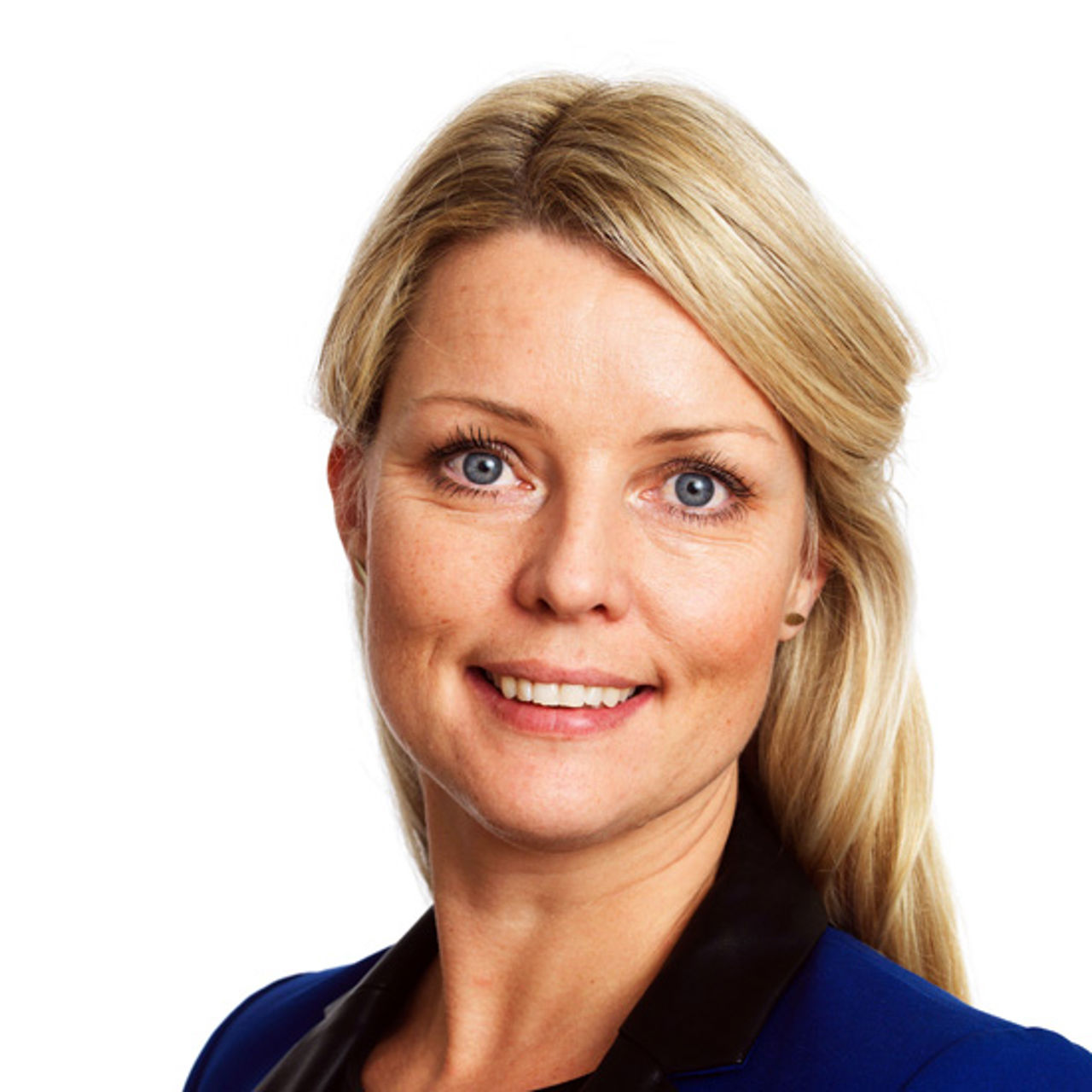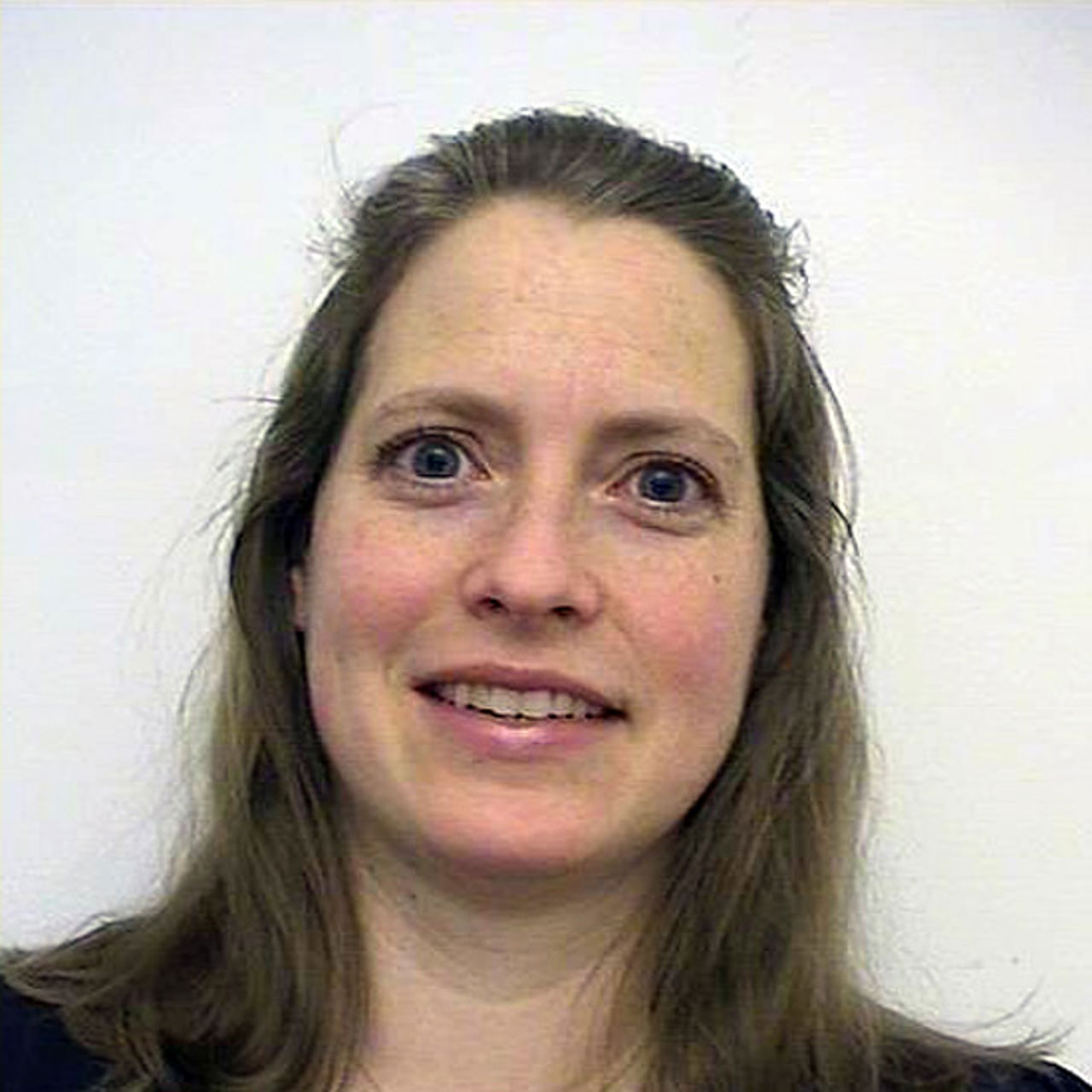
Responsible business practises
Sustainability in Statkraft isn’t just something that’s ‘nice to do’. It’s an integral part of how the company runs its business.
The world has shifted over the past decade or so, and profit alone is no longer the ultimate sign of success for a company. A top score on the sustainability index has become just as sought after as a healthy balance sheet.
According to Statkraft’s Maja de Vibe, SVP Sustainability Governance and Compliance, and Sidsela Nyebak, VP Head of Corporate Sustainability, this approach is nothing new. It’s been a part of how Statkraft operates for the past 125 years.
Q&A with Maja de Vibe and Sidsela Nyebak
What brought you both into the private sector world of sustainability?
Sidsela: For me, it was a mix of intention and coincidence. I had been working in Brussels for an NGO, and I saw the potential that the private sector had to really make an impact – to influence and change things. Witnessing this reinforced my belief that sustainability is the future for business. And so, I joined Telenor, where I spent 11 years supporting global sustainability initiatives, particularly in human rights. I joined Statkraft about a year ago. I was motivated by the fact that Statkraft is providing solutions for the future, has a long history of responsible business practices, and is committed to innovate and invest in the future.

Maja de Vibe is Senior Vice President and head of Statkraft's Sustainability Governance and Compliance unit.
Maja, what about you?
Maja: It was during my 10 years living and working in Africa, that I was exposed to a range of sustainability-related challenges. It became very clear to me that the private sector had power to do good, essentially effecting change through their buying power, partnerships, and how they implemented their business. I wanted to contribute to companies who were taking a responsible approach. I was very fortunate to join Statkraft nearly seven years ago.
Sidsela, you mentioned that you see sustainability as the future for businesses. Can you explain what you mean by that?
Sidsela: If you want to be a profitable and successful company, you shouldn’t just think of value in financial terms. There are other aspects of a company’s value, such as how it respects people, societies and natureand how companies carefully weigh these different concerns as part of their business processes.
Do you see Statkraft as a company that is succeeding in using their position for good?
Maja: We’ve been around for 125 years and throughout that history, there has been a deeply ingrained, long-standing commitment to doing things in the right way. It’s who we are and makes our employees proud to be a part of Statkraft.
Sidsela: I agree. I think we are in a unique position as a company given that we are a 93% renewable energy. Climate change is probably the greatest challenges of our time, and the Sustainable Development Goals and the Paris Agreement have brought forward the role of Statkraft in terms of the solution to our climate challenges. I believe that we as a company can use our years of experience to contribute in the right way, with a more holistic view of the climate agenda.
What do you mean by taking a holistic view?
Maja: One example of taking a broader approach, is the work we do with local communities where we operate. We do extensive consultation work with the local community prior to construction. We adapt our plans based on their needs. And we plan and run extensive programs to mitigate our impact and to strengthen the livelihoods of the local residents.

Sidsela Nyebak is Vice President and head of Statkraft's Corporate Sustainability unit.
Sidsela, do you have an example of this in practice?
Sidsela: We’ve been operating in Peru since the early 2000s, and over time we’ve learned the importance of partnering with the community. This means understanding the impact that a hydropower plant has on the local farmers, and then actively working with them to produce better crops. We also initiate entrepreneurial opportunities for women and explore ways to help them succeed. It’s all about understanding the needs of that particular community and ensuring that they are better off than before.
You are present in 17 countries around the world. Is it a challenge to uphold the same standards across a global and diverse portfolio?
Maja: It can be challenging, which is why we’ve put time and resources into building up a strong program to ensure that we uphold the same standards wherever we operate, with a focus on preventing unethical behaviour and any forms of economic crime.
Sidsela: We have good systems in place, but that doesn’t mean it’s always perfect. We need to continue to work systematically over time to mitigate risks, and when issues arise, we need to learn and adjust the way we work to avoid recurrence.
Do you feel there is more attention and awareness on sustainability issues now?
Sidsela: Definitely. We see that the quality of the dialogue has evolved and become more nuanced over the years. One example is the financial sector. Investors are showing increasing interest in our sustainability approach and ethical standards. I’m very encouraged to see this interest is only growing.
Want to hear more from Maja and Sidsela?
Statkraft sustainability experts Maja de Vibe and Sidsela Nyebak are eager to share experiences, best practices and even challenges on a wide range of sustainability matters.
Both women are seasoned speakers, on topics including business ethics, compliance, GDPR, human rights and more. They are passionate about their work and bring that enthusiasm to the stage, creating energetic, interactive and educational sessions.
Reach out if you want to hear more.